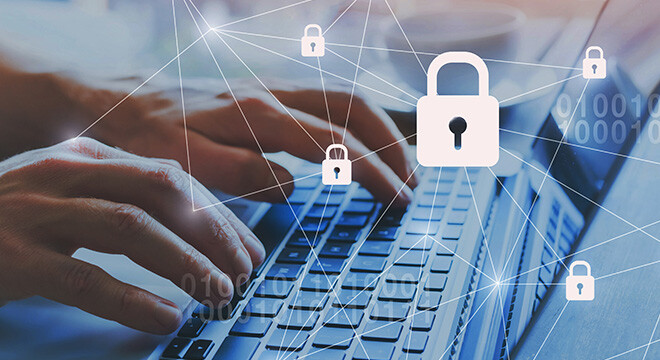When it comes to real estate transactions, especially 1031 exchanges, cyber threats are a growing concern. You might think cyberattacks only happen to big companies, but individuals like you are also targets—especially when large sums of money are involved. Let’s break down the basics of cybersecurity and how you can protect yourself during the process.
Why Cybersecurity Matters in Real Estate
Every day, hackers are looking for ways to steal your personal information and your money. Real estate transactions, like a 1031 exchange, are particularly attractive to cybercriminals because of the large amounts of money moving between parties. These criminals use tactics like social engineering and email eavesdropping to trick you or intercept your data, often without you even knowing.
Common Cyber Threats in Real Estate Transactions
- Email Eavesdropping: Hackers can intercept your emails and alter information while it’s being sent from one person to another. This can lead to stolen personal information or even unauthorized changes to important details, such as wiring instructions.
- Social Engineering: This is when a hacker pretends to be someone you trust—like a real estate agent or your 1031 Exchange Officer—to trick you into giving them sensitive information or sending money to the wrong place. Their emails may look legitimate, but they're designed to deceive you.
How 1031 CORP. Protects You
At 1031 CORP., we take cybersecurity seriously. Here are just a few ways we’re keeping your information safe:
- Encrypted Emails: All of our internal emails are encrypted, meaning no one can read them if intercepted. For external communications containing personal identifiable information (PII), we send those through secure, encrypted channels to ensure your data stays protected.
- Endpoint Detection and Monitoring: We use advanced tools to monitor suspicious activity, protecting your emails and web interactions from threats.
- External Email Warnings: To help identify potential threats, we label all emails coming from outside 1031 CORP. with (EXTERNAL) in the subject line. This alerts our team to be extra cautious when opening or responding to those messages.
- Software-Defined Perimeter: Our network is protected by a software-defined perimeter which hides our internet-connected infrastructure from unauthorized users. It’s like making servers invisible to anyone who shouldn’t be accessing them.
What Can You Do to Stay Safe?
While we’re doing everything possible to protect you, there are some simple steps you can take to protect yourself:
- Never send sensitive information over email or text. Use our secure portal to upload important documents like IDs, tax forms, or authorization forms.
- Verify suspicious emails. If something feels off—like a strange email asking for money or your personal details—call us directly using a verified phone number.
- Avoid free Wi-Fi for sensitive transactions. Hackers can easily access public Wi-Fi, which puts your personal data at risk. Always use a secure network when handling financial matters.
- Use strong passwords and enable multi-factor authentication (MFA). This adds an extra layer of security to your accounts, making it harder for hackers to break in.
- Stay vigilant. Be cautious about clicking on links or opening attachments from unknown sources, and always double-check wiring instructions by calling your exchange officer directly.
The Bottom Line
Cybersecurity may seem like something that only affects big companies, but the reality is that anyone involved in real estate transactions is a potential target. By understanding the risks and taking a few extra precautions, you can protect yourself and your investments from cybercriminals. At 1031 CORP., we’re committed to keeping your information safe, so you can focus on what matters most—completing your 1031 exchange.


